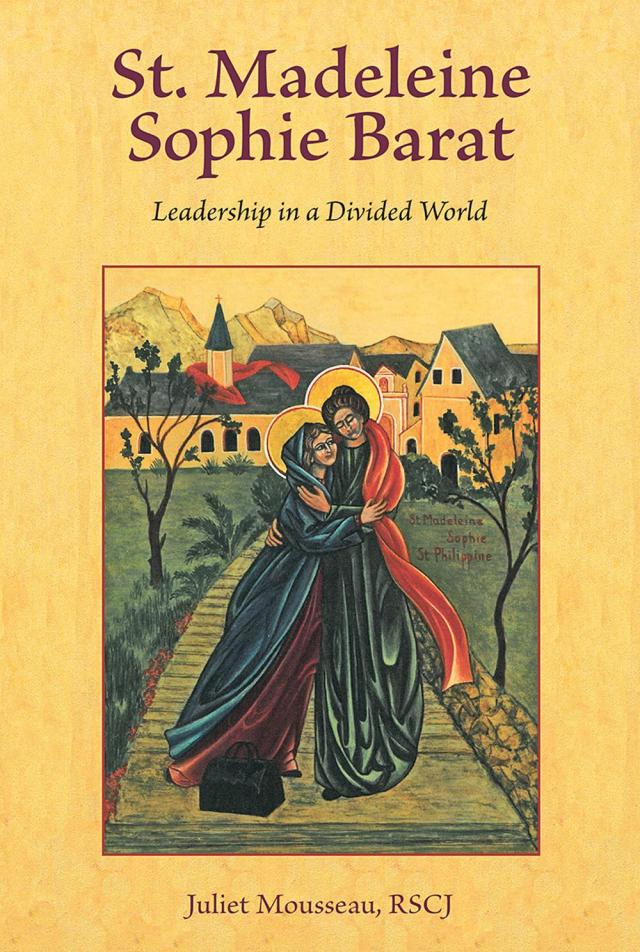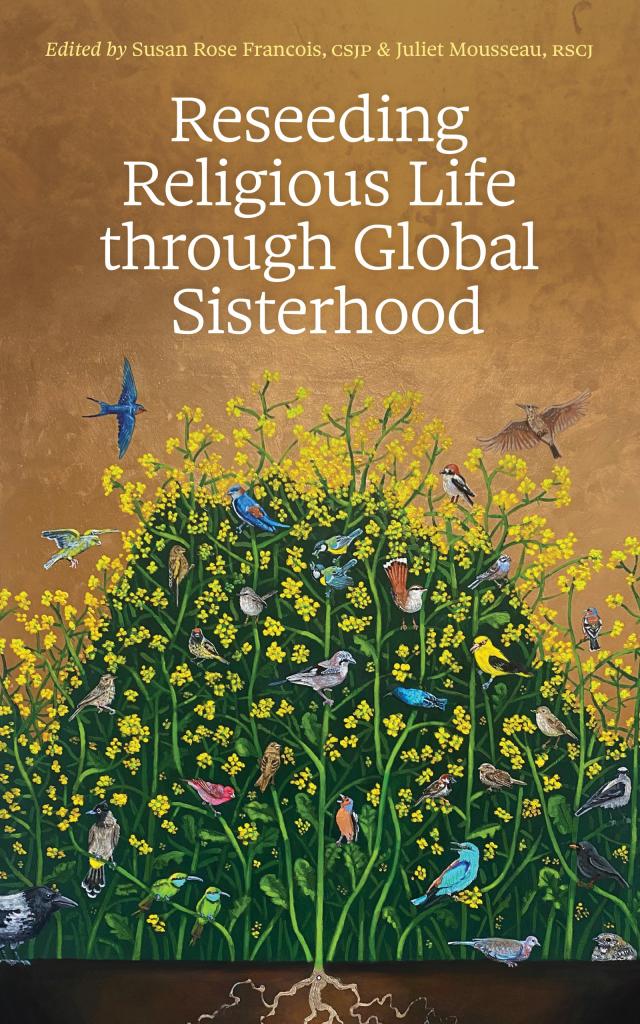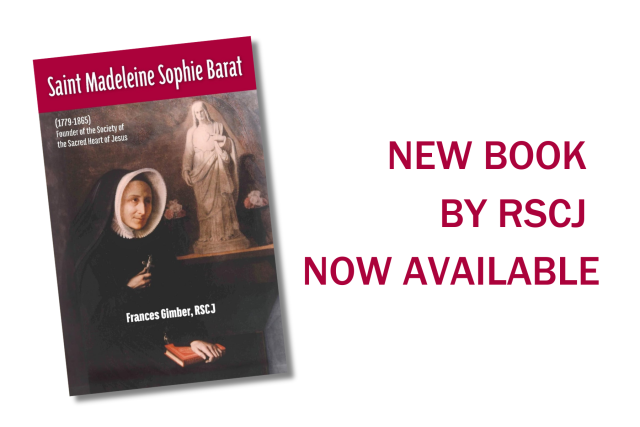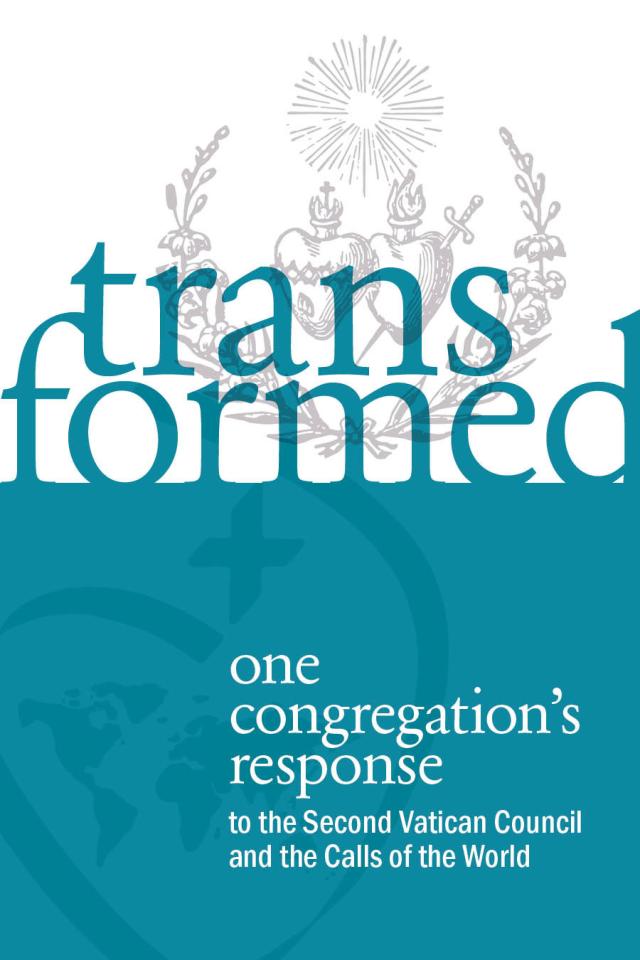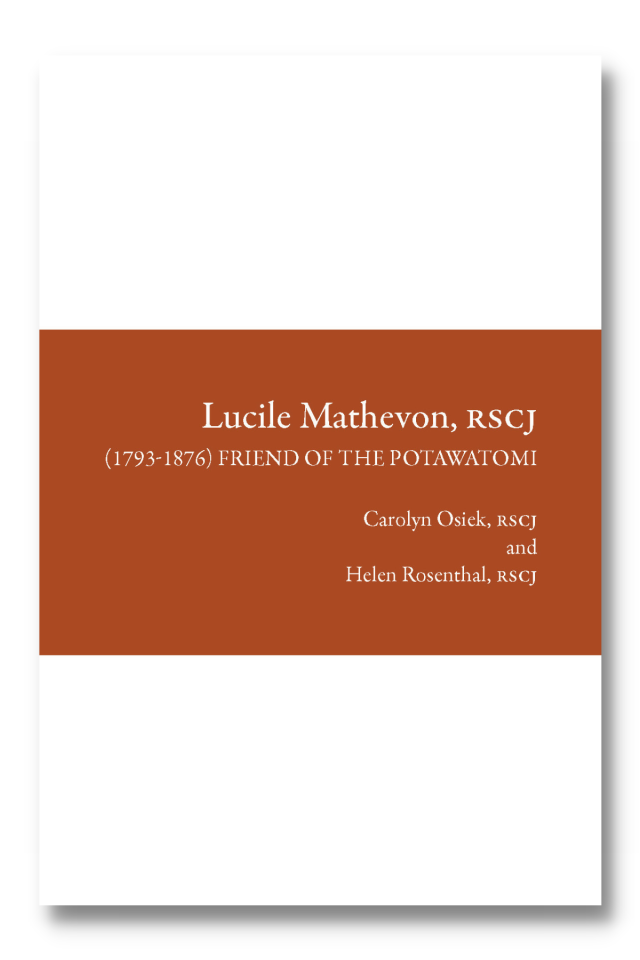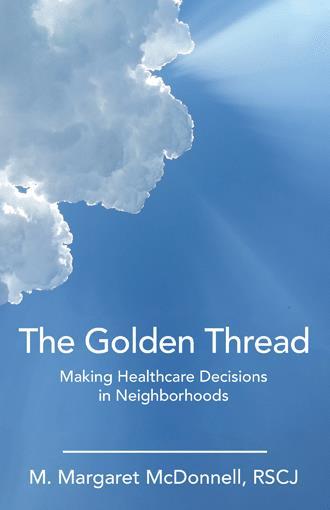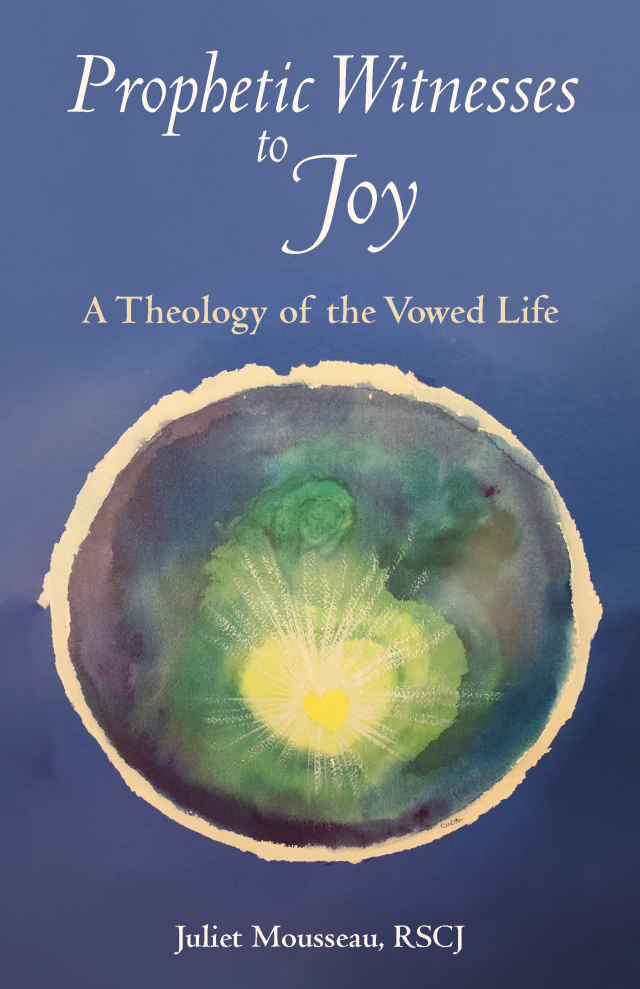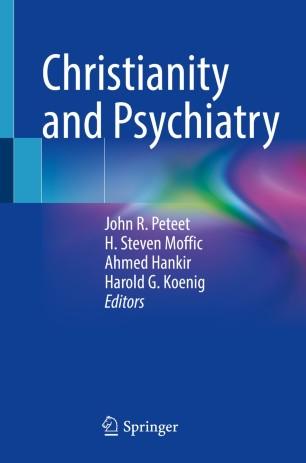St. Madeleine Sophie Barat: Leadership in a Divided World
During the conflict and violence of the French Revolution, Madeleine Sophie Barat founded the Society of the Sacred Heart, now an international religious institution. This biography draws on accounts by Barat's contemporaries and the many letters she wrote, some of which have not been translated before, to tell the story of a woman confronting division with personal integrity and love.
This book is available for purchase through Paulist Press (click here).

